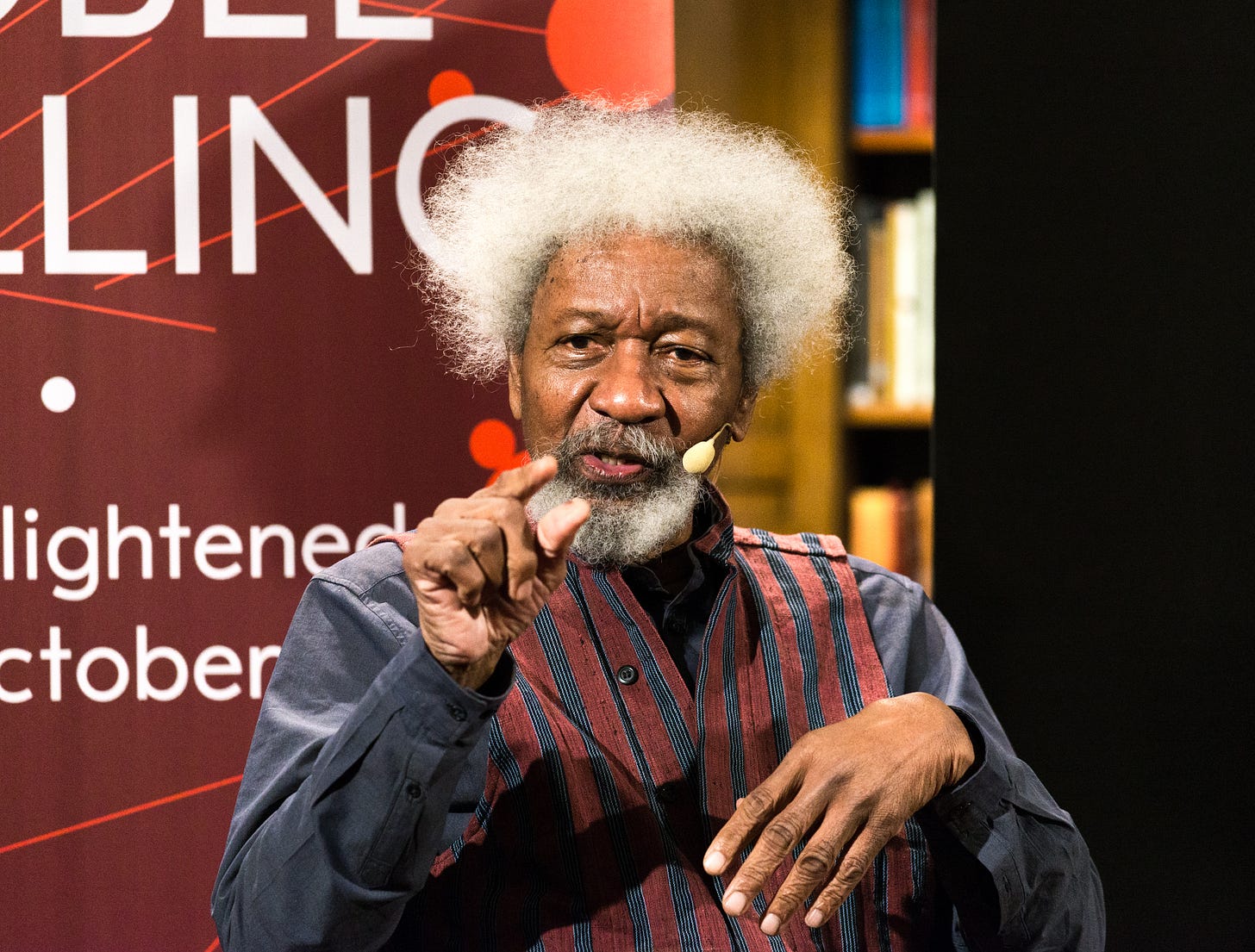British Journalist And Nobel-Prize Winner Become Latest Examples That U.S. Visas Are Now A Loyalty Test
The land of free speech now restricts speeh at the level of Russia, Iran and others
By Dominick Skinner | 31 October 2025
In the United States of 2025, the visa stamp has become a loyalty test, a blunt instrument of political discipline for a regime built on cruelty. The government’s control over who may enter or remain has merged with its…


